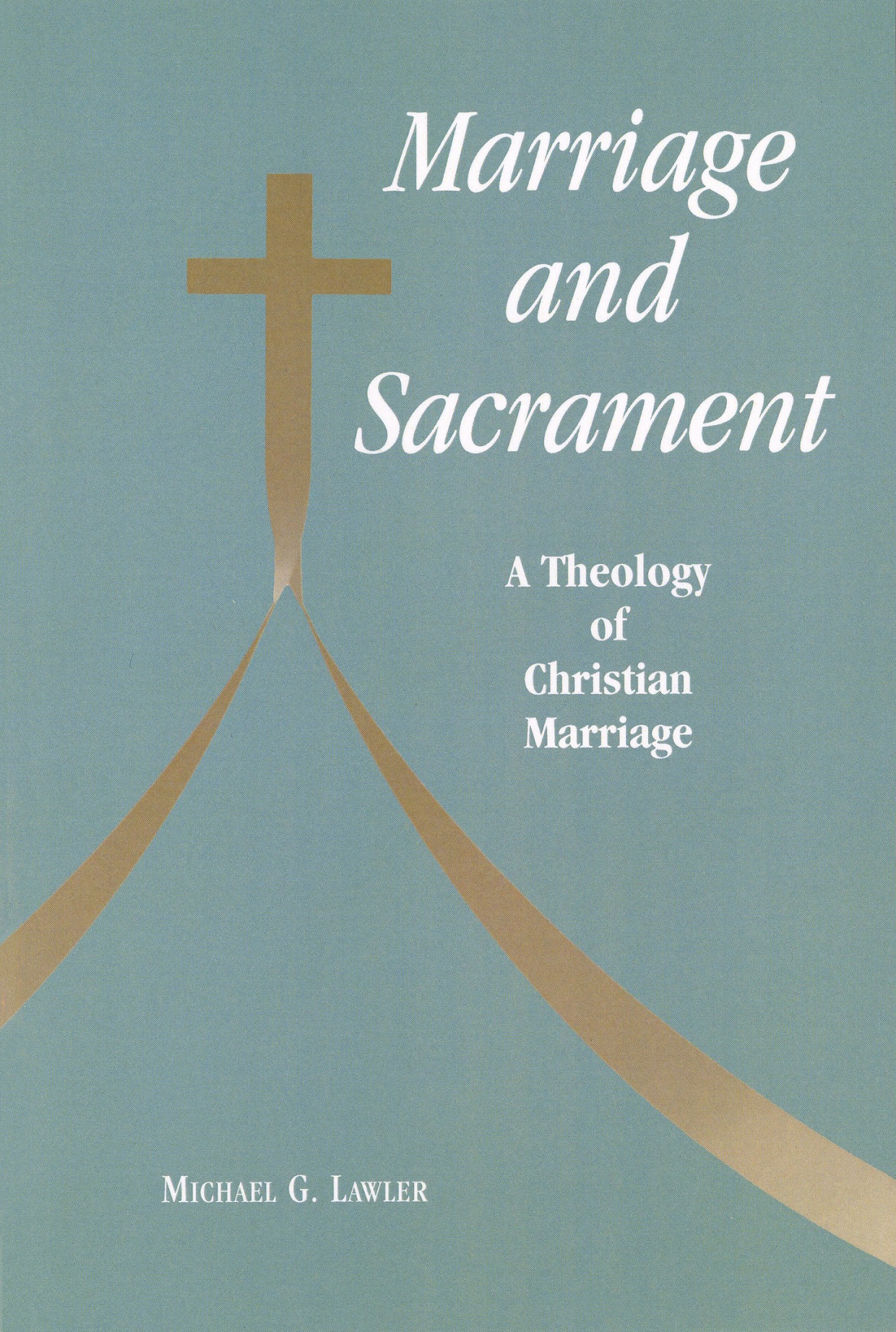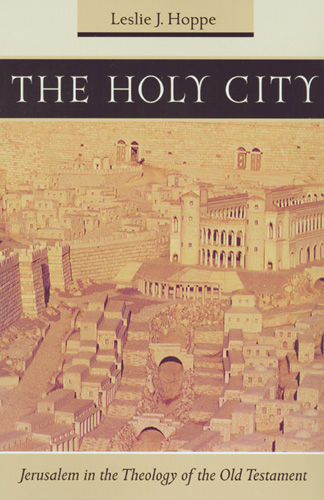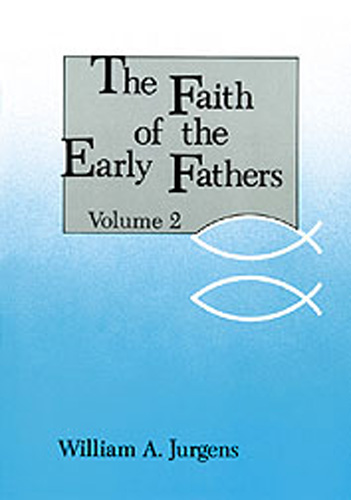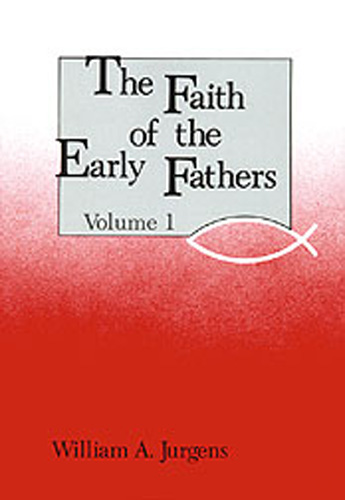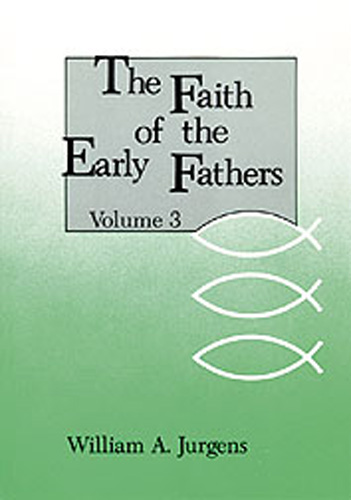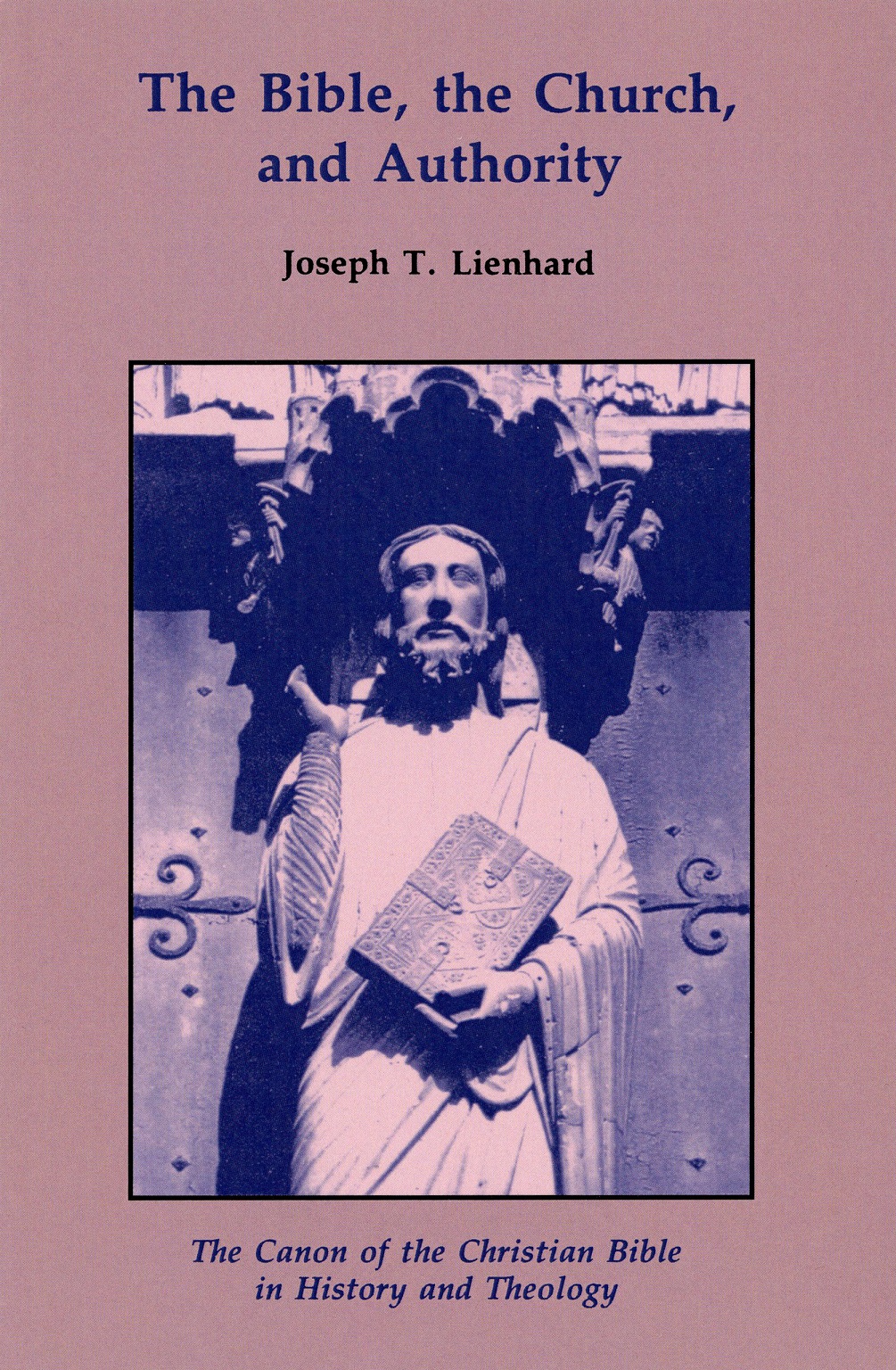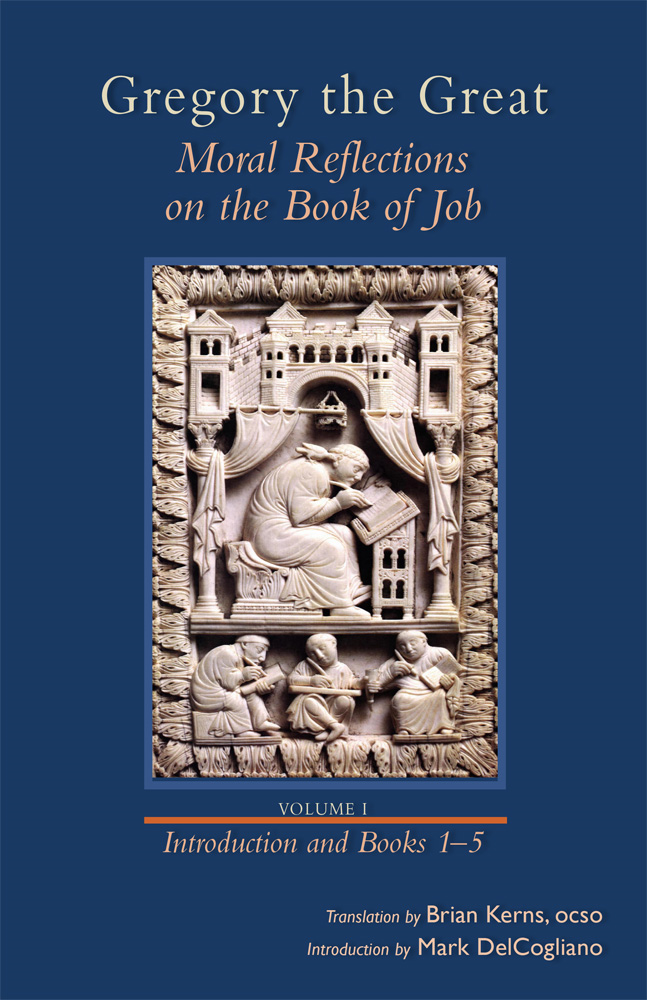What happens when the Christian community gathers in faithful response to Christ’s command at the Last Supper, “Do this in remembrance of me”? Study of the biblical and early Christian notion of remembrance, the Greek word anamnesis, shows that the Church’s ritual action of remembering our salvation in Christ not only inspires but demands action in the world. The problem remains, however, whether and how we are able to practice such remembering in our society today. This book explores the political theology of Johann Baptist Metz to discover injustice and the challenge and hope it poses to those who join in solidarity with the oppressed, and the work of liturgical theologian Alexander Schmemann, to elaborate on how, in its unique keeping of time, the liturgy reveals the kingdom of God and empowers believers thus to witness to it. The meeting of these two compelling theologies results in a rich eschatology: life shaped by the vision of a future that fulfills the promises of the past.
Morrill also marshals the work of many scholars concerning the concept of anamnesis which has proven crucial to the progress of ecumenical dialogues on Church order and the Eucharist. The effort is to understand how the Church’s liturgical commemoration of God’s salvific deeds in history, especially in Jesus, allows for neither a timeless form of religious piety nor a ritualism detached from the commerce of life in the world. A concluding investigation of the relationship between anamnesis and eschatology leads to further considerations about the dialectical character of the praxis of faith. Anamnesis as Dangerous Memory, while written in the field of systematic theology, offers a fresh perspective and framing of the issues for readers of Christian ethics and moral theology.
Chapters are “The Promise and Challenges in the Renewal of the Eucharistic Liturgy,” “Johann Baptist Metz’s Political Theology of the Subject,” “Alexander Schmemann’s Liturgical Theology: Joyous, Thankful Remembrance of the Kingdom of God,” “Christian Memory: Anamnesis of Christ Jesus,” and “Conclusion.”
Bruce T. Morrill, SJ, holds the Edward A. Malloy Chair of Catholic Studies in the divinity school at Vanderbilt University where he is also Professor of Theological Studies. In addition to numerous journal articles, book chapters, and reviews, he has published several books, including Encountering Christ in the Eucharist: The Paschal Mystery in People, Word, and Sacrament and Divine Worship and Human Healing: Liturgical Theology at the Margins of Life and Death.

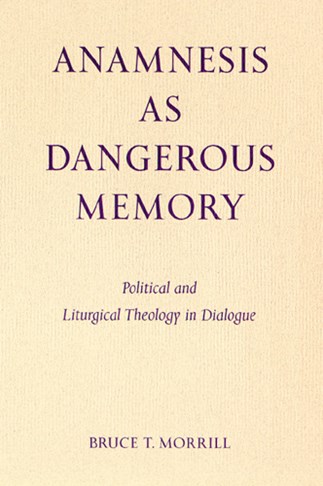
 Back
Back
